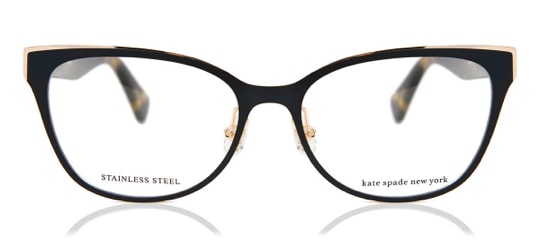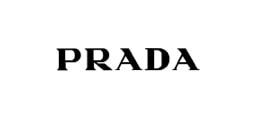Symptoms
If you have cataracts, some symptoms you could experience include:
- Seeing halos
- Double vision
- Faded colors
- Frequent prescription changes
- Sensitivity to light
If you find it hard to see clearly even with your prescription glasses or contact lenses, you might be getting cataracts.
Behind the colored part of your eye, you’ll find the lens. The lens focuses light, but sometimes becomes cloudy, scattering the light. If this happens, vision becomes blurry. These cloudy areas are called cataracts and they might not be visible to you, especially as they’re developing.
If you suspect cataracts, or if your vision is blurry, we can help you manage your changing eyesight. Please call us today to make an appointment for a comprehensive eye exam.


Cataracts usually occur as a result of age, but other factors can increase your risk. These include:
If your eyes have a milky or yellowish appearance or your vision is cloudy or hazy, it might be a warning sign that you are developing cataracts.
If you have cataracts, some symptoms you could experience include:
Annual comprehensive eye exams are essential, especially if you’re over the age of 60. Visiting us every year helps us monitor your cataract progression if we know you have them.
Cataracts are common and are easily diagnosed. They’re also often manageable with contact lenses or glasses. Even when managed properly, they can worsen over time and impact your quality of life. If your cataracts become bothersome, we might recommend surgery.
There are 2 main types of cataract surgery:
During this type of surgery, an incision is made in the side of the cornea, and a probe is inserted into the eye. Ultrasound waves are sent out from the probe to break up the lens, which is then suctioned out.
A somewhat larger incision is made in the cornea during this type of surgery. The lens is removed in one piece and replaced with an artificial one.
As with all surgeries, there are risks involved. Ensuring good habits like not smoking, moderating alcohol consumption, and using sunglasses to block UV light might decrease your chances of getting cataracts in the first place.
Book an appointment to discuss your cataracts with us today.
Find us on the corner of Arlington Avenue and West Carson Street. We’re in the building with the “Optometry” sign out front.







